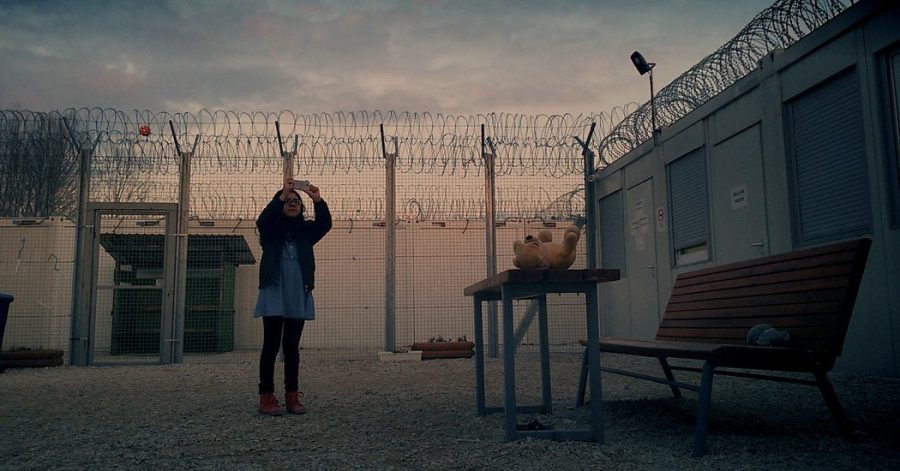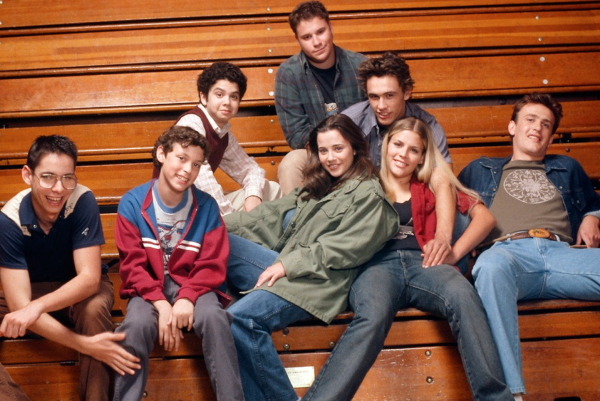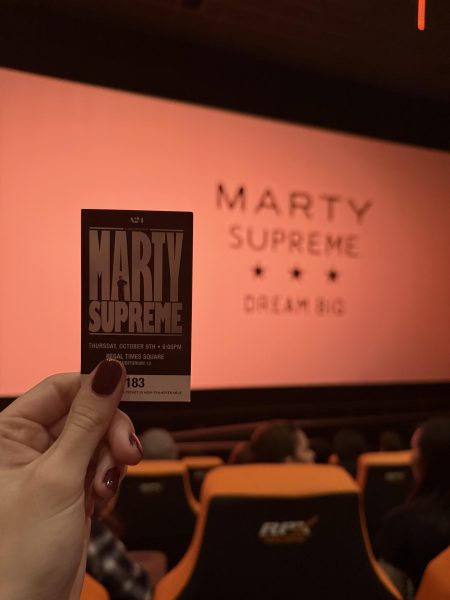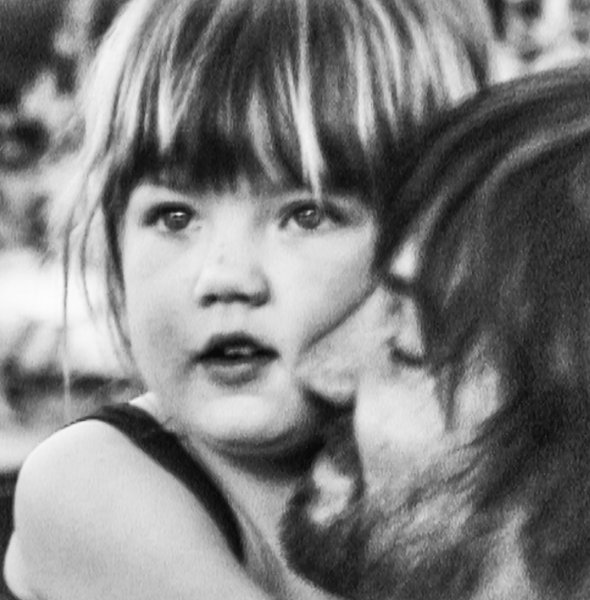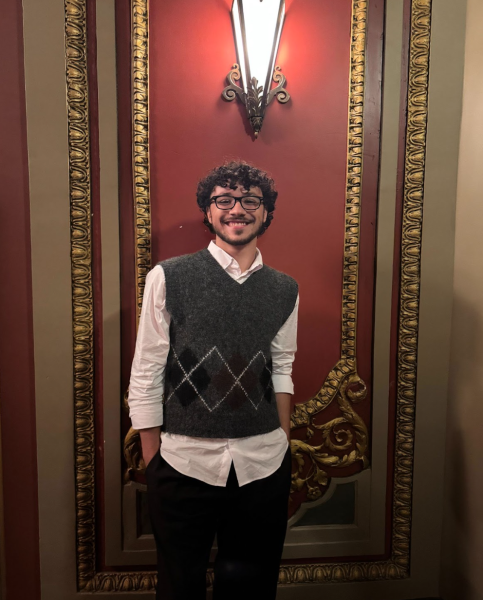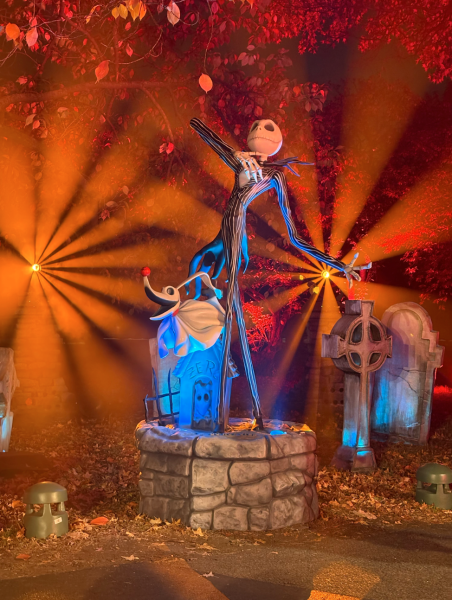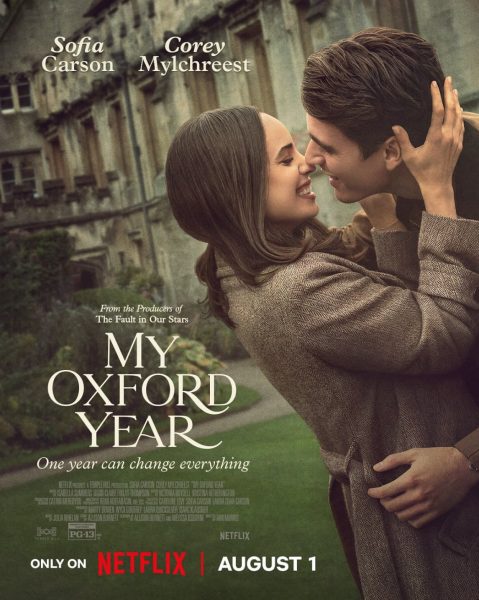Midnight Traveler Takes Viewer on a Journey
“Midnight Traveler” is a grimy, grainy, rare type of film: the personal documentary. Pieced together from about three years worth of footage shot entirely on a mobile phone, “Midnight Traveler” is the cinematic autobiography of an Afghani family forced on the run from a Taliban bounty, illegally crossing vast Middle Eastern terrain to gain entry into the EU. It is a film that was conceived as much out of necessity as out of any sense of artistic vision or technical innovation.
Its director and principal “character” is Hassan Fazili, the erstwhile owner of Kabul’s Art Cafe, a onetime space for local Afghani artists to congregate and create.
The cafe was shut down after sustaining political and religious pressure, and in 2015, the Taliban issued a bounty on Fazili — payback for his documentation of an apostate Taliban leader in the movie “Peace in Afghanistan.” Fazili, his wife and fellow filmmaker Fatima and their two young daughters Nargis and Zahra pack up and flee.
The use of mobile phones as movie cameras lends a constant jumpiness and graininess to the movie image, underscored by the unsteadiness of the impromptu cameramen and women.
Fazili saved the footage on SD cards, periodically copied and sent them to a friend in California, and then wiped them to use again.
Each of the four Fazilis serve, to some extent, as footage-makers, wielding with ease the mobile phones, filming minor encounters and interactions — the tiny moments of life on the run.
In editing these loosely produced videos, Fazili preferred to leave them as realistic as he could, taking only two liberties in the movie — the first to explain with text the portions of his family’s journey that they couldn’t get on film (i.e. some more frantic moments of escape), the second in giving the viewer a sense of what their life was like before the run.
The way he potrays this second part is remarkable. Lacking any coherent footage of the way things once were, Fazili takes numerous phone clips of his family, some presumably recorded before they were Taliban targets, and stiches them together into collage-like sequences of family life: his daughters playing together, kicking up dust, tumbling around swingsets and watching distant sunsets.
These, the most stylized and sentimental scenes of the movie, come complete with melancholic synthesizer soundtracks and eerie recordings of dialogue by his daughters. One daughter, at the film’s beginning, quotes Sartre: “Hell is other people.”
The soundtrack in general prefers a moodiness that is in turn menacing and downright bizarre. At one point in the middle of the film, I wondered if the theatre’s sound technology was shortcircuiting; as it turns out, it was just one more of Fazili’s effect, intended to inject uncertainty and anxiety into the travelers’ harrowing cross-country journey.
In truth, it’s an unnecessary technique. With the grittiness of the mobile phone medium, picking up the buzzing of flies around the refugees, the film succeeds in capturing an insider look at migrant life.
Fazili goes beyond what any Western documentary could do and gives the viewer a piece of the daily reality for hundreds of thousands of refugees worldwide. He records the loving, joking back-and-forth between husband and wife while the kids sleep; he records his daughter crying from boredom and tiredness inside their cramped hideaway; he records, tentatively and cautiously, just some of the violent racism directed against his refugee fellows that comes part and parcel with migrant life; he even records the Serbian newscameras as they train on him, readying for the sort of quick TV interview that we’ve all seen broadcast a thousand times flipping through the nightly CNN reports.
If you want to see what life’s like after cutting to the next news item, consider buying a ticket for “Midnight Traveler.”



































































































































































































